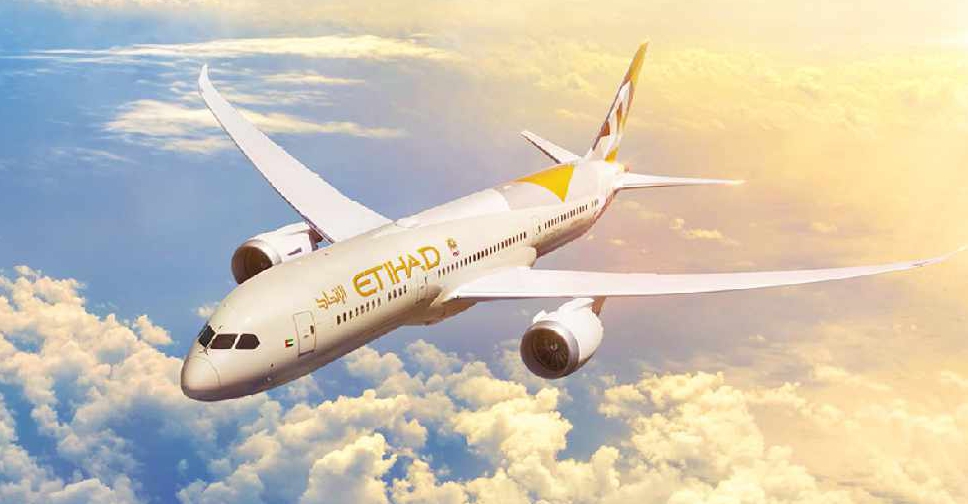
Etihad Airways on Friday marked the 15th anniversary of its first service between Abu Dhabi and Brussels.
Since launching the flights on October 31 in 2005, the UAE's national carrier has carried almost 2 million passengers between the two capitals, building on strong demand for point-to-point business and leisure travel.
The airline has also carried large numbers of travellers via Abu Dhabi to and from Brussels, with the most popular destinations being Muscat in Oman, Sydney and Melbourne in Australia, Bangkok and Phuket in Thailand, Delhi and Mumbai in India, and Islamabad and Lahore in Pakistan.
Between 2011 and 2015, Etihad Airways expanded the service from an original three flights to eight weekly departures.
Since 2016, the airline has operated a daily service, however, this is currently reduced to three flights per week due to COVID-19 travel restrictions.
Flights between both cities are operated by a two-class Boeing 787 Dreamliner.
Ann Ramaekers, Etihad Airways Country Manager Belgium, said: "For 15 years, our Abu Dhabi-Brussels service has provided a strong connection between the two regions, opening up opportunities for business and tourism travel to and from Brussels to Abu Dhabi and beyond.
"We are proud to continue linking Belgium to the world today, and we hope to resume our daily service once travel restrictions begin to ease. In June this year, we launched Etihad Wellness, an expanded and more comprehensive health and hygiene programme and customer guide, to keep passengers safe, well and reassured while travelling with us. Our global COVID-19 wellness insurance is also now included with every Etihad Airways ticket. We are pleased to be able to maintain this important connection between the UAE and Europe during this time."
In January 2020, during Abu Dhabi Sustainability Week, Etihad Airways operated a special ‘eco-flight’ from Abu Dhabi to Brussels, featuring a range of initiatives designed to illustrate the airline’s broad commitment to sustainable practices in the air and on the ground. The Boeing 787 Dreamliner followed an optimised flight route to help reduce fuel consumption and carbon emissions.



 UK's Jaguar Land Rover to halt US shipments over tariffs
UK's Jaguar Land Rover to halt US shipments over tariffs
 US starts collecting Trump's new 10% tariff
US starts collecting Trump's new 10% tariff
 Nasdaq set to confirm bear market as Trump tariffs trigger recession fears
Nasdaq set to confirm bear market as Trump tariffs trigger recession fears
 Dana Gas and Crescent Petroleum exceed 500M boe in Khor Mor field
Dana Gas and Crescent Petroleum exceed 500M boe in Khor Mor field




